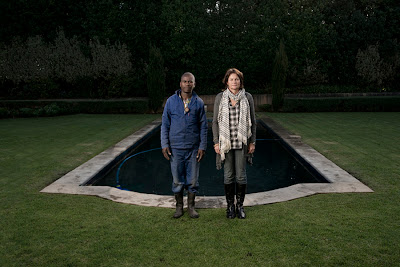The Domestic Employer and Employee
During the apartheid era in South Africa, domestic workers and gardeners or maids/servants and garden boys as they were commonly referred to, possessed few rights under the power structure of the government as well as their employers. They were, more often than not, outsiders in a white person’s home and were treated accordingly. The allocation of separate cutlery and crockery, second-rate meals, outside bathrooms and rest areas, and the assignment of English names were all testament to an accepted form of conduct.
With the fall of the apartheid regime, the domestic worker/gardener and employer structure still exists, but has come to differ in terms of the nature of this relationship. Despite such damaging entrenched values, which stem not only, from the apartheid period but also from colonialism, many white South Africans have begun to change their moral code of behavior. Power structures in this regard have seen a positive shift - a result of changing attitudes of all South Africans toward one another and of improved government policies.
Whilst the employer/employee relationship in a domestic environment is a global circumstance, this series of images attempts to exemplify a changing phenomenon, which is a particular South African experience. Notwithstanding the fact that prejudicial attitudes do indeed still exist, these images claim to substantiate an undeniable adjustment of perspective, which can only but have an encouraging influence on the relationships of power.





























